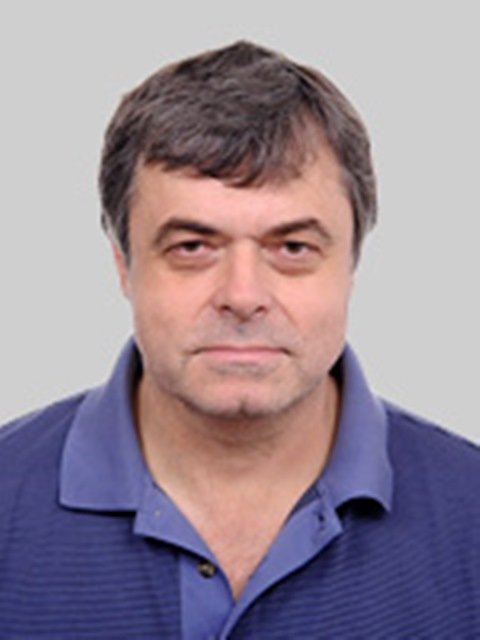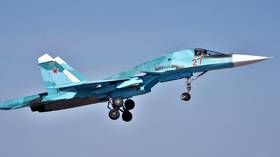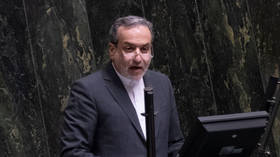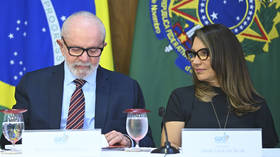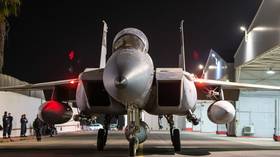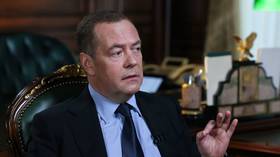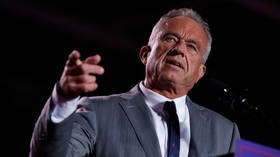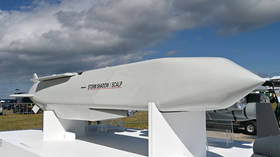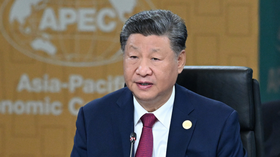Snowden affair: Redefining worldwide democracy
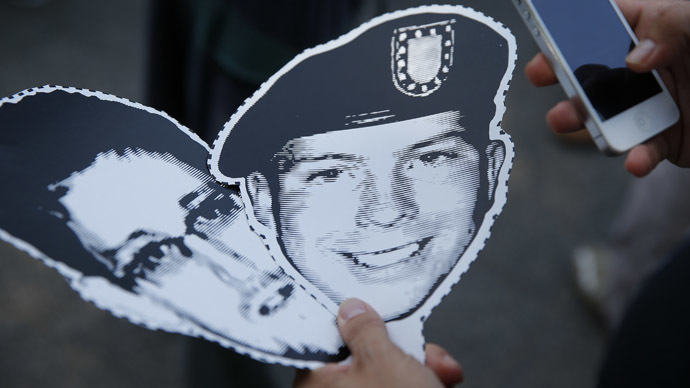
Days after the G8 summit in Northern Ireland brought an awkward meeting between Presidents Obama and Putin, US-Russia relations are put under a new critical test.
This time the name of the game is not “Syria”, but
“Snowden”. Moreover, the Snowden story is already evolving
into a global debate on what are the do’s and don’t of a decent
partnership and the ABC of personal freedoms and genuine
democracy.
The detective story of the 30-year old NSA leaker, who landed in
Moscow after leaving Hong Kong, added to the growing frustration
which has plagued US-Russian relations in recent months.
Unwrapping the riddle of Snowden’s whereabouts President Putin
confirmed he is still at the transit area of Moscow’s
Sheremetyevo Airport. Denying any accusations against Russia as
“nonsense and rubbish” as Snowden “has not crossed”
the Russian border, Putin called on the US to turn down
anti-Russian rhetoric and finally tried to draw a line under the
whole story in his trademark colorful language: “In any case,
I would like not to deal with such issues because it is like
shearing a pig: there's lots of squealing and little fleece”.
However, as the Snowden saga is far from being over, the scandal has a potential to pave the way for a lengthy period of even more chilled relations between Moscow and Washington; its ups and downs at present can be described not as a “cold war”, but a “cold peace”.
While the Obama administration refrains from further rocking the boat, it is done by US congressmen, who are exercising fresh attacks on President Putin and making thinly-veiled warnings about US retaliation.
“The bottom line is very simple. Allies are supposed to treat each other decently, and Putin always seems almost eager to put a finger in the eye of the United States, whether it is Syria, Iran and now, of course, with Snowden. That’s not how allies should treat one another, and I think it will have serious consequences for the United States-Russia relationship”, -- explains Sen. Charles E.Schumer.
The dominant mood on the large part of the American political
elite is seemingly this: the Edward Snowden case comes as another
defining moment for US relations with the rest of the world,
including Russia. So, by not lending the US a helping hand at
this critical point, both Russia and China placed themselves on
the other side of global barricades – in a camp of old US
adversaries, like Cuba and Venezuela.
Neocons would stick to the point which long before the Snowden
saga was articulated by some leading Republicans, including
presidential hopeful Mitt Romney during the 2012 presidential
race. Mr.Romney repeatedly spoke of an informal global alliance
of non-democratic regimes, which is trying to hinder the
interests of the US and their Western allies world-wide, whenever
the situation allows, at every possible point (the policy of
“putting a finger in the eye”).
Following this way of understanding things, the Snowden scandal
is seen by some as another lively episode of a grand battle
“democracies” versus “autocracies”. The list of the
countries which has adopted non-cooperative approach on the
Snowden case is becoming highly symbolic: China, Russia,
Venezuela, Cuba, Ecuador (either regular autocracies, like China
or Cuba, or troubled democracies sliding to autocratic rule, like
Russia). So, it looks as if the whole story illustrates the
slogan of the day once coined by Andrew Kuchins ” Autocracies of
the world, unite!
Truly, in the Snowden case democracy is a core divisive issue, but things are not that simple. Ironically, it is Edward Snowden who is waging the battle for democracy on his own, posing as another “warrior of truth” – but not a traitor. He explained that what made him become a whistleblower was the credibility gap between the state and civil society. So, on his part it was not an act of national betrayal, but a decent protest move to expose US crimes and human rights violations both at home and abroad. In a way, he hinted he wanted to help President Obama who is more and more often described as “George Obama” (but not a reincarnation of President Kennedy).
The Snowden case pinpoints a certain tendency. After Bradley Manning, the 25-year old US soldier, accused of passing classified files to WikiLeaks, we have another story of a young American citizen, who is behind an important leak of classified information. While some in Washington tend to describe it as a global plot against the US, with Russia siding with US adversaries, the cases of both Manning and Snowden have a lot in common. Both cases spilt America into those, who consider whistleblowers traitors, putting US national security at risk and those who describe them as a brave citizens, who were not scared to expose the US government wrongdoing in the interests of Americans themselves.
No surprise, that the story of Snowden has already triggered a
global debate on what is the delicate balancing act between
democracy and security, which make uneasy bedfellows. In his
recent interview to RT President Putin hinted that surveillance
"is becoming a global phenomenon in the context of combating
international terrorism", and that "such methods are
generally practicable". However, "the question is how well
those security agencies are controlled by the public."
"I can tell you that, at least in Russia, you cannot just go
and tap into someone’s phone conversation without a warrant
issued by a court. That’s more or less the way a civilized
society should go about fighting terrorism with modern-day
technology. As long as it is exercised within the boundaries of
the law that regulates intelligence activities, it’s alright. But
if it’s unlawful, then it’s bad”, said Putin.
So, it is probably high time for President Obama to answer a
tough question about what went wrong in the US to produce the
phenomena of Manning-Snowden. It is not President Putin who is
“putting finger in the eye of the United States”, but a
growing army of disenchanted Americans, who are not buying
President Obama’s notion that “you can’t have 100 per cent
security and 100 per cent privacy”.
The statements, views and opinions expressed in this column are solely those of the author and do not necessarily represent those of RT.
The statements, views and opinions expressed in this column are solely those of the author and do not necessarily represent those of RT.
